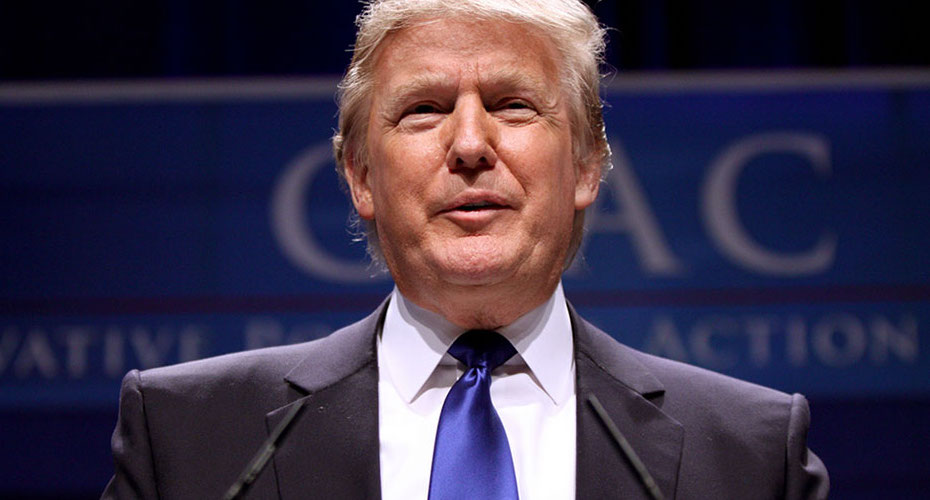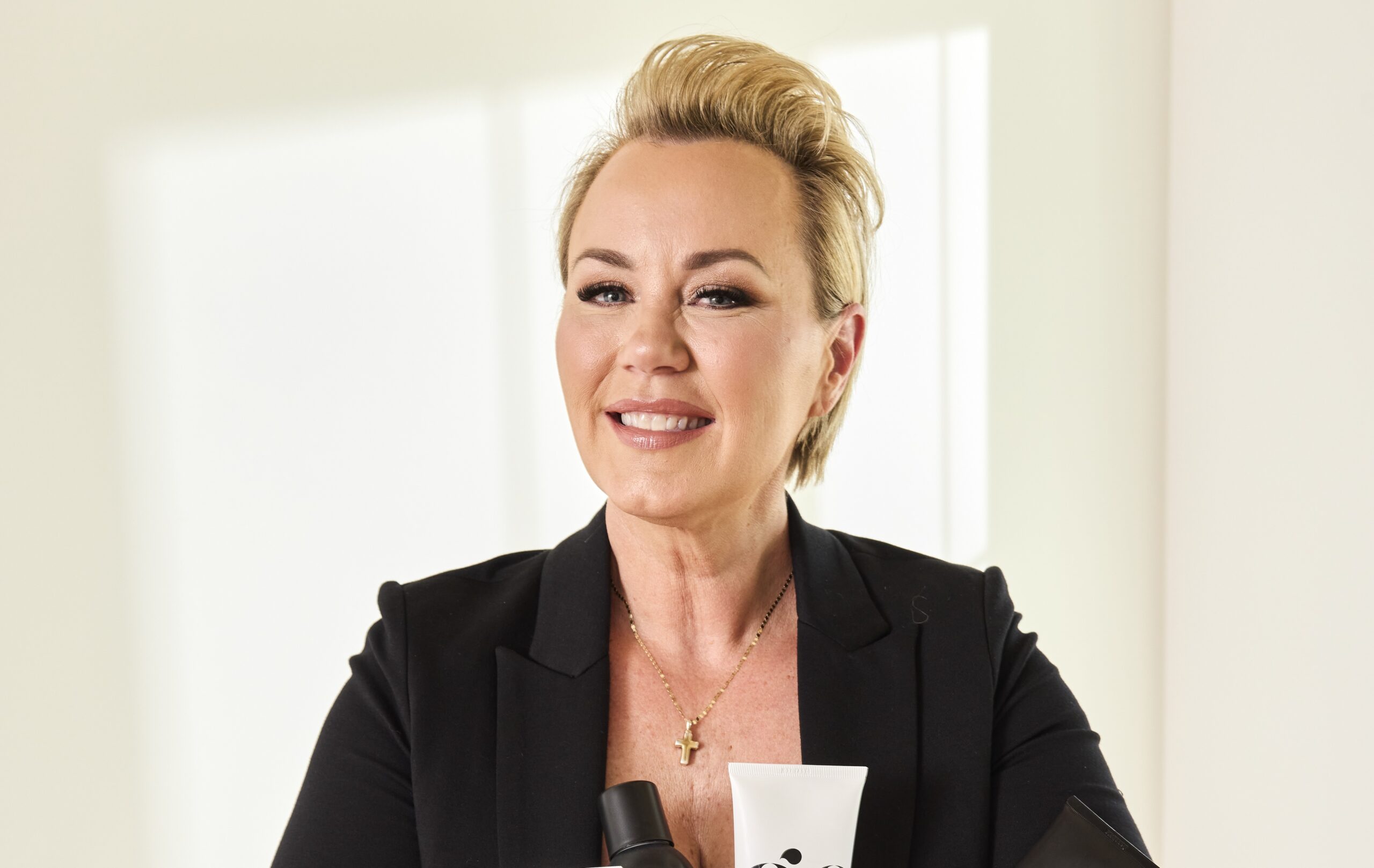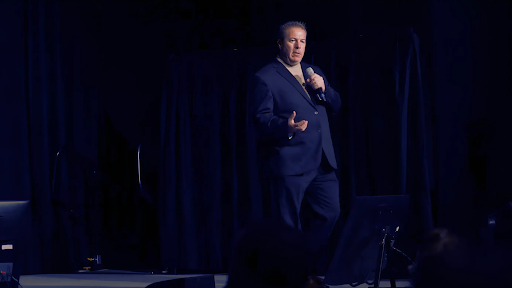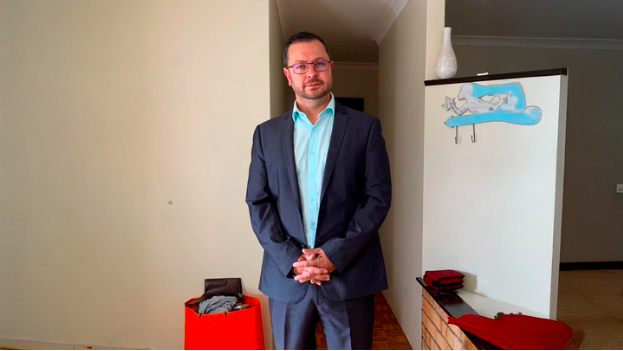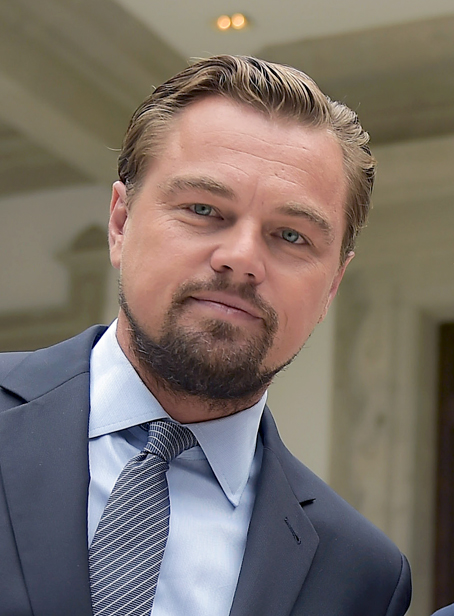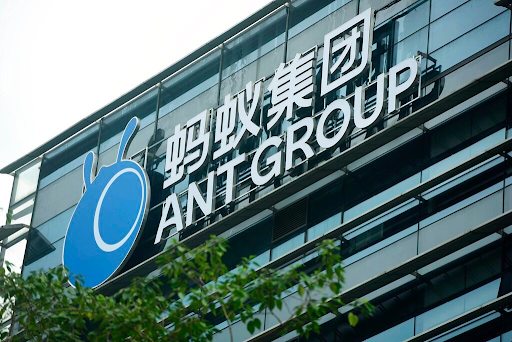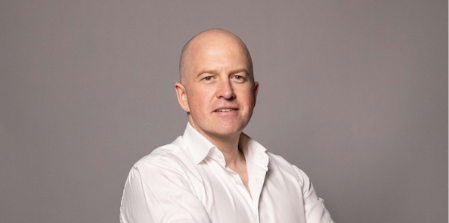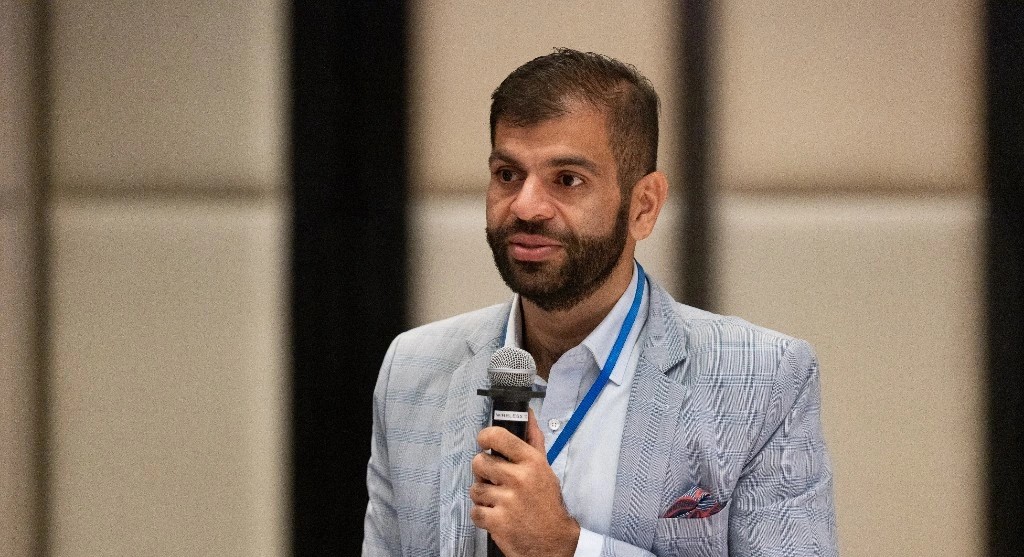A business playbook often contains a company’s processes, policies, and standards of operations to explain how the business operates and the roles of those involved. Like a sports playbook, a business playbook also contains information on what needs to be done to win the game – to generate revenue and maintain success. DuPont de Nemours Inc., an American multinational chemical company, is returning to Chief Executive Officer Ed Breen’s tried and true playbook in a potentially game-changing move that will see the company split three ways.
Revealed late Wednesday, the company will be separating its electronics and water units through tax-free transactions that will form a trio of publicly traded businesses. DuPont’s move adds to an expanding list of industrial corporations that are aiming to boost returns by breaking off into smaller, more focused businesses. Expected to be completed within the next two years, DuPont’s split will leave the remaining company to focus more closely on industries such as biopharma and medical devices, including products like Tyvek and Kevlar.
This move comes straight out of CEO Ed Breen’s playbook, who returned to the company role in 2020 and has overseen hundreds of billions of dollars in dealmaking across his career, including many corporate breakups. Breen has previously engineered company breakups while CEO of Tyco International in 2007. This was a move that created TE Connectivity and Covidien, later dividing the remaining company further into three businesses.
Breen has been overseeing the strategic direction of the company, striving to unlock DuPont’s full potential and capabilities. However, Breen will be stepping down from his role as CEO effective June 1, joining the board and taking the role of Executive Chairman and being replaced by DuPont’s current Chief Financial Officer, Lori Koch.
DuPont has had plenty of portfolio moves, already having spun out major business lines since its merger with Dow Chemical around a decade ago, as well as its 2015 separation of Chemours Co. Most recently, the company has been exploring divestitures, with an agreement last year to sell a controlling stake in Delrin for $1.8 billion.
Seeing fewer benefits from synergies such as pooled fixed costs, many traditional industrial companies, such as Johnson & Johnson, United Technologies, Danaher Corp., and General Electric Co., have broken apart in recent years in bids to generate additional value for shareholders.
Barry Cross, a professor and assistant dean at the Queen’s University Smith School of Business and former DuPont staff member, remarked, “They are loose collections of parts that don’t always make sense to keep together anymore.” He further expanded that dividing them “can provide more value with focused leadership teams and fewer distractions from brother and sister units.”
With its current makeup, “DuPont has struggled to garner much attention or respect from the market,” Scott Davis, an analyst with Melius Research, stated. He also remarked, “These assets together perhaps didn’t play well together, but separately they look pretty darn interesting.”
While the company will see a three-way split, the remaining company will still be the largest player, responsible for about $6.6 billion of the company’s 2023 sales. Looking at the electronics business’ last year revenue of $4 billion last year and a water unit revenue of $1.5 billion, this split will give each company more individual flexibility to pursue focused growth strategies.




































